The Impact of Using AI in the Film Industry
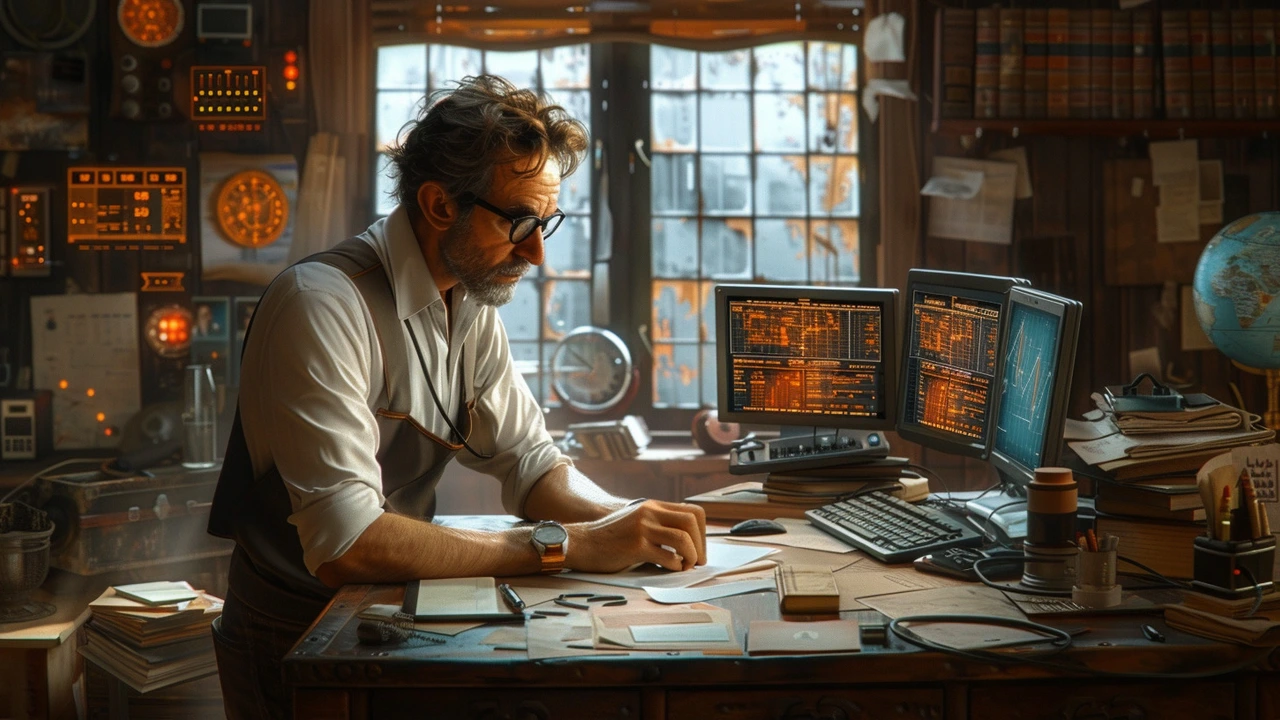
The Impact of Using AI in the Film Industry
The Dawn of AI in Cinema
The evolution of technology has always had a profound impact on different aspects of human life, and one notable area it's been making waves is the film industry. AI, or artificial intelligence, has been seeping into Hollywood and worldwide cinema for a while now, changing the way movies are made and elevating the viewer's experience to unprecedented heights. In the not-so-distant past, the idea of using AI in cinema was more like science fiction than reality, just like the plot of "The Matrix" or "Blade Runner". But today, as Silas, I'm thrilled to take you on a fascinating journey through time and technology to explore how AI has revolutionized the film industry.
Scriptwriting and Storytelling Reimagined
The process of making a movie begins with a good script. In scripting and storytelling, AI has shown its burgeoning presence, influencing the way narratives are shaped. AI algorithms can analyze vast amounts of data to identify patterns and trends. This data-driven approach allows for the induction of various elements that resonate with the audiences, thereby improving scripts and overall storytelling. Remember the age-old method of testing scripts by organizing table reads? Now those scripts can be tested digitally, providing nuanced feedback on dialogues, pacing, character development, and even predicting the audience's responses. I remember once trying to automate my blog posts using an AI writer. Believe me, the results were amusing but also intriguing. If AI can write my boring blogs, why can't it write blockbuster scripts?
AI’s Role in Casting
AI is also slowly transforming the casting process. Believe it or not, it has become an outstanding tool for casting directors, allowing them to find the best fit for every role faster and more accurately. Using AI technology, various aspects like previous performances, audience perceptions, physical traits, and the actor's market value can be analyzed to make the most suitable choice. Can you imagine a world where Robert Downey Jr. was not Ironman?! Who knows, perhaps an AI model might have cast him faster!
Revolution in Animation and Visual Effects
One of the most visible effects of AI in films is in the realm of animation and visual effects. AI assists in creating realistic characters, epic landscapes, and jaw-dropping special effects. Whole worlds that only existed in the imagination of writers can now be brought to life with stunning precision. And for someone like me who failed even in drawing stick figures, this is indeed an extraordinary feat. Ever marveled at the magic of "Avatar" or "Avengers: Endgame"? Thank AI for that!
Post-production Aid: Video Editing & Sound Design
After all the filming, the post-production phase is where the real magic happens, and AI lends a helpful hand here as well. Video editing using AI reduces man-hours by automating the rigmarole tasks of logging, assembly, and even color correction. AI also plays an active role in sound design, creating immersive audio experiences and analyzing audio cues to adjust the sound mix. For someone like me who had to edit a one-minute home video for hours, I can only imagine the relief AI tools can bring to professional editors!
Film Distribution and Marketing Revolutionized
Once the film is made, getting it out there is equally crucial, and AI has its fingerprints here too. It's now employed in deciding the kind of trailer a movie should have, the platforms it should be advertised on, and even the timing of these advertisements. Do you remember watching a trailer that had you hooked from the first second? That is AI at work. It helps to pinpoint the scenes and dialogues that would create the maximum impact, ensuring the movie gets the attention it deserves.
Enhanced Viewing Experiences: Personalization and Accessibility
Lastly, from a viewer's perspective, AI has had a significant impact. Streaming platforms use AI for personalized recommendations that often seem eerily accurate. With sophisticated AI programming, films are becoming more accessible with features like real-time subtitling and descriptive audio for visually impaired viewers. It is as if the AI knows me better than myself when it comes to picking a movie to watch on a lazy Sunday night!
AI Challenges in the Film Industry
While exciting and innovative, the utilization of AI in cinema is not without its challenges. Issues like originality and authenticity in AI-created narratives, and the ethical implications of AI in casting and data collection, require careful consideration. It is also important to balance man and machine in the creative process to maintain the human touch that makes cinema relatable. Writing this article, despite being a tech enthusiast, even I had to question: Can we rely on AI to stir emotions and execute artistic vision with the same depth as a human?
In conclusion, AI's impact on cinema has been significant and transformative, infusing beneficial aspects while also sparking important conversations. From enhancing creativity to improving efficiency, AI has indeed rewritten the rules of filmmaking. But like any other technology, its use demands responsibility and discretion. I'll leave you with this thought - "Movies are a fad. Audiences really want to see live actors on a stage." – these words were famously spoken by Charlie Chaplin in 1916. Today, we can all laugh at it. Will AI in cinema provoke the same reaction in the future? Only time will tell.
About
CH Tech Development is a premier resource for the latest updates and insights in the world of technology development. We provide extensive information, articles, and guides on cutting-edge technological advancements. Explore our site to empower your knowledge about the dynamic field of tech development.
Latest Posts
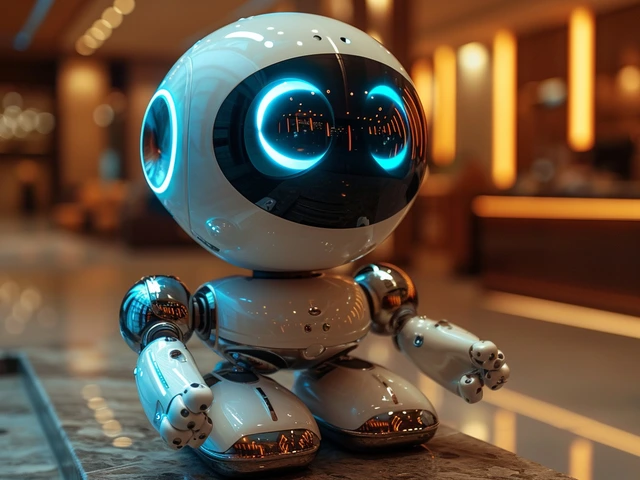
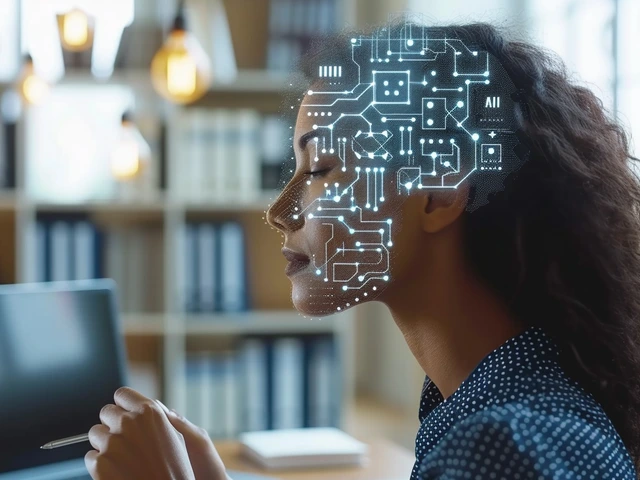
AI Tips: Your Key to Unlocking Business Success
By Silas Hawthorne Aug 6, 2023
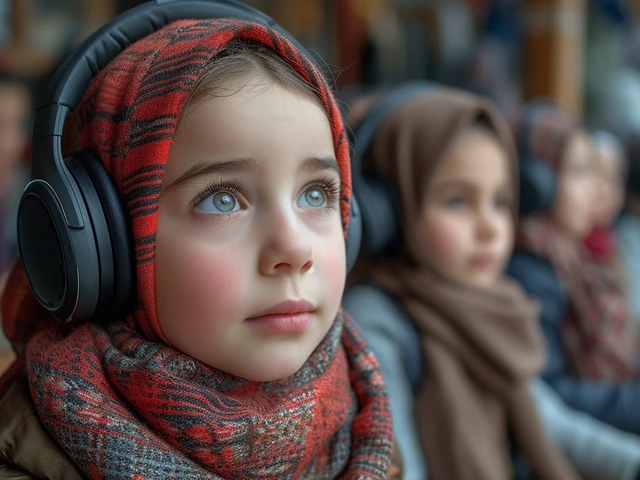
Understanding the Ethics of Artificial Intelligence
By Theodore Worth Oct 26, 2023
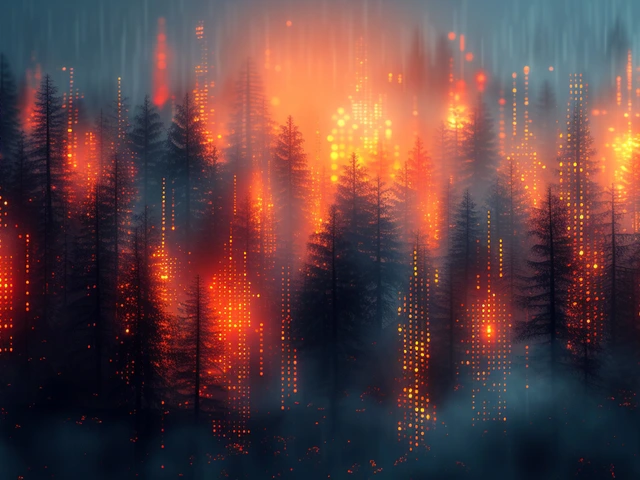
AI Tricks: Making the Future More Accessible
By Theodore Worth Oct 13, 2023

Write a comment